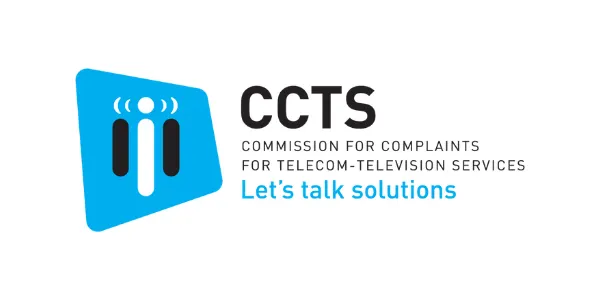Problem with a cellphone or plan

Your new cellphone doesn’t work as expected. Or your new phone plan isn’t what was promised. Learn what you should know as you seek to make things right.
What you should know
When you walk out with your shiny new phone, remember, 15 days. Canadian laws give you a 15-day trial period from the start of your contract during which you can return your phone with no penalty or cancellation fee.
Save the packaging the phone came in. Set a reminder. Mark day 15 on your calendar. And make sure you stay under half of your monthly usage limits — if you go over that, even if it’s been less than 15 days, then you aren’t protected.
If you have a disability, you get 30 days, and the usage limit doubles.
If there’s a problem, pack the phone up in its box, go into the store (or give them a call), and let them know you want to cancel. Be firm. Get the name of the person who helped you. This will keep them accountable.
They told you 25 GB of data, but really you have 10 GB? They said unlimited overseas calls, but really it’s just unlimited Canada-wide?
If a key term in the contract isn’t what you agreed to, you can walk away without paying a cancellation fee or other penalty.
Check the contract (they have to give you a copy) to make sure everything lines up with what you agreed to. You have 30 days from getting the phone to cancel the contract if it’s not what you agreed to.
If you agreed to it, but just aren’t happy, that’s different. You have no legal grounds to cancel on that basis. But that doesn’t mean you can’t complain. You might get a better deal. Where there’s no official legal protection, you just have to be a savvy negotiator!
Under BC law, a new phone must:
be fit for the purpose you bought it for,
not be broken or damaged,
be durable for a reasonable period of time, and
match the description given in selling it.
These conditions are called the legal warranty. It’s like a promise by the seller that the phone will work the way it’s supposed to for a reasonable length of time.
If your new phone is faulty or doesn't work, you have the right to get it repaired or replaced, or to get a refund.
If you broke it yourself, or lost it, the legal warranty won’t help you. But providers often sell extended warranties. Or the manufacturer (that’s the actual phone maker, like Apple, Samsung and so on) may have a separate warranty. Always find out whether you’re covered before going in to the store or calling in to complain.
Did you buy a used phone from a kiosk? Or from someone online? The legal warranty still applies. But if they pointed out any issues before you bought (for example, the battery life not being great), then you can’t come back and complain about these things after you buy.
Ads for cellphones — whether on TV, in magazines, or on the store wall — must be truthful.
For example, service providers can’t sell you a phone for more than its advertised price. If they did this (or misled you in some other material way), bring proof (like a copy of the misleading ad) when you go to complain.
Another type of unfair practice is unconscionable behaviour from a salesperson. Like:
taking advantage of a disability or language issue
charging far more than what is reasonable
pressuring you to buy a phone or plan they know you can’t afford
If any of this happens, any agreement you signed is not valid.
Take action
Who can help
If you’re still getting the cold shoulder from the cellphone companies, there are government agencies that may be able to help.

Commission for Complaints for Telecom-television Services
CCTS deals with cellphone, TV and internet service complaints.

Competition Bureau
Deals with complaints about false or misleading advertising.
This information from People’s Law School explains in a general way the law that applies in British Columbia, Canada. The information is not intended as legal advice. See our disclaimer.
Related
On Dial-A-Law
Dial-A-Law has more information on Cellphones in the section on Consumer.

